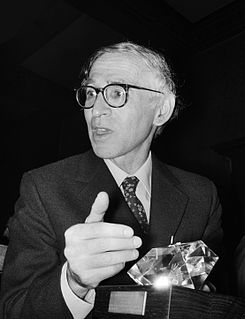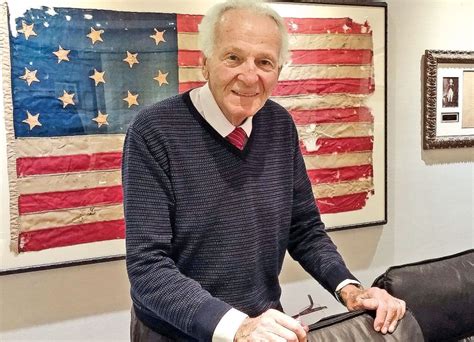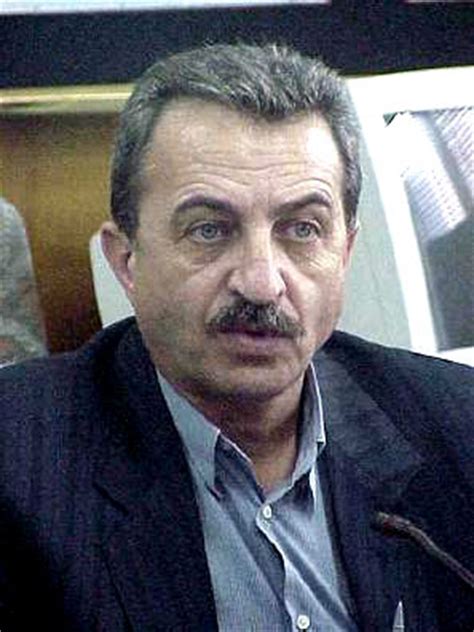A Quote by Dara Khosrowshahi
My family emigrated to the U.S. after the Iranian revolution in 1978.
Quote Topics
Related Quotes
My family fled Iran in October 1978 as a result of the coming revolution when I was two years old. In the early days, my entire family lived together in a very crowded house, where I shared a room with my sister, cousin, and grandmother, and we would all listen to my grandmother tell stories before bedtime.
My sister married an American and took his name, and my brother has shortened Sayrafiezadeh to Sayraf. So now he's Jacob Sayraf, or sometimes Jake Sayraf. He made the change when he was a teenager, prior to the Iranian revolution and the hostage crisis. So I don't think it was motivated by any anti-Iranian sentiment in the United States.
Our support for the Shah, the CIA coup in 1953 - has become infused into the Iranian political discourse. The regime that came to power in 1979 during the Iranian revolution actually defined itself as anti-American, and that's now a critical ingredient in the Iranian domestic political debate. That really is the source of our problems - the regime in Tehran continues to see itself as opposing the US. In their eyes, everything the US does is directed at them in a very malevolent way, and therefore they have to fight back against it.
I have traveled many times outside Iran, and have discussed the issue [of the Iranian nuclear project]. I have been asked for my opinion and that of the Iranian Jewish community, and I have always emphasized that the Iranian people has the right to obtain nuclear technology and energy for peaceful purposes. The Iranian people must not give up this right under any circumstances - and indeed, it will not.
The very concept of an Iranian university is an oxymoron. There are no free and open places of learning in that repressive theocracy. Dissenters are not given tenure; they are murdered, after first being tortured. Blasphemy, which is broadly defined, is punished. Gays are not only excluded from Iranian universities, but are imprisoned and killed.
I grew up in Skaneateles, a small town in New York's Finger Lakes region, where parts of my family have lived for five generations. I can walk the streets there and point out my father's childhood home, the houses my grandfather built, the farm where my great-great-uncle worked after he emigrated from England in the 1880s.
After the rigged Iranian presidential elections in 2009, the Islamic regime attacked the 'humanities' as the main source of protests, the most effective tool used by the West, especially America, to corrupt and incite Iranian youth, and finally closed down all the Humanities departments in Iran's universities.



































